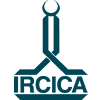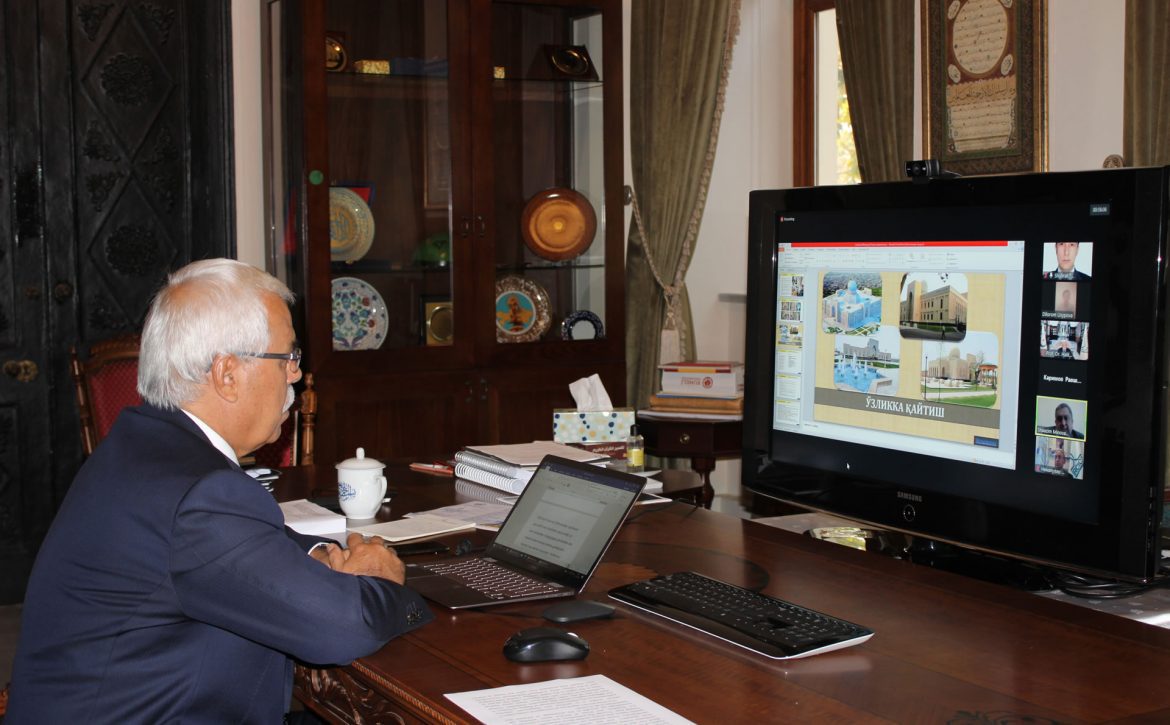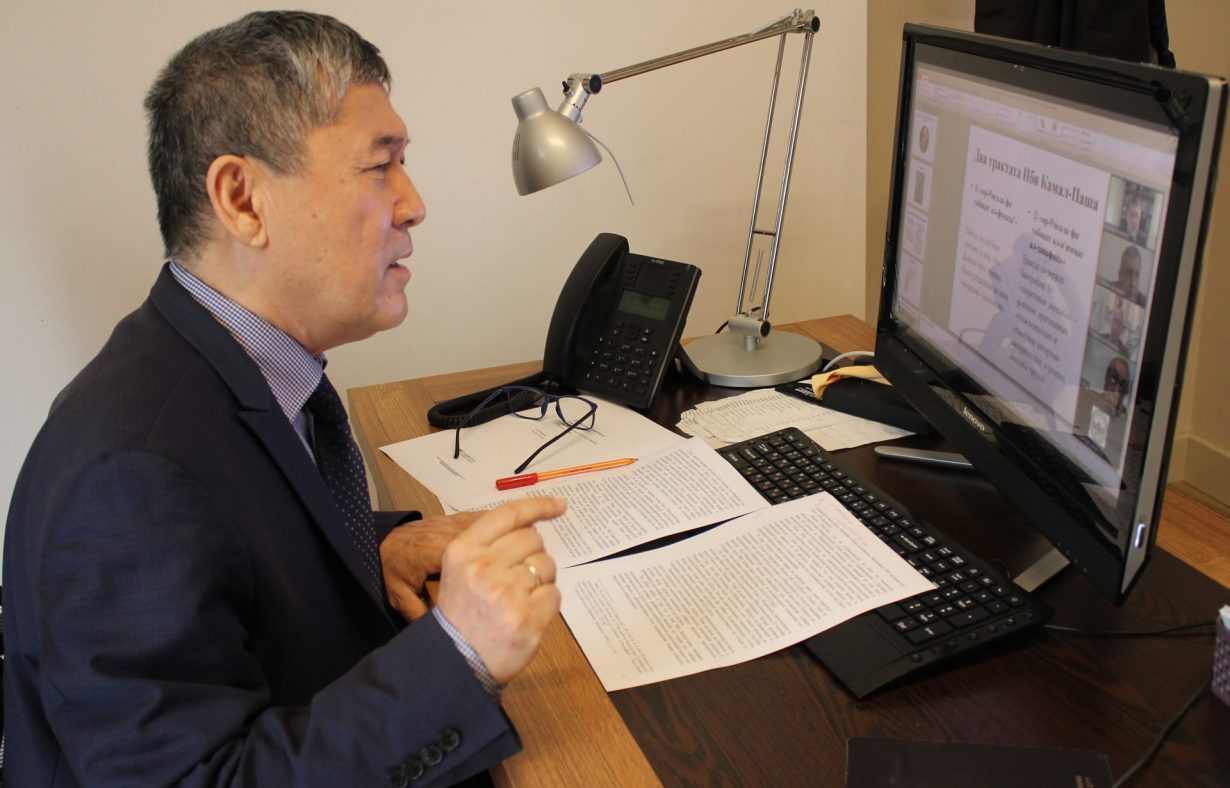IRCICA and the International Islamic Academy of Uzbekistan (IIAU) have jointly organized the online conference on “Culture, Religious Traditions and Customs of the Central Asian Peoples” on 14 October 2020.
The conference was opened by Prof. Dr. Shuhrat Yovqochev, First Vice-Rector for Coordination of Religious and Enlightenment Activities, IIAU, and Prof. Dr. Halit Eren, Director General, IRCICA.
The conference received scholarly papers highlighting the efforts and activities directed to the study, promotion and preservation of the documents and artefacts representing the legacy of culture, customs and traditions of the Central Asian peoples and which are the sources of information about them. The following experts and scholars delivered addresses or papers: Dr. Nematullo Mukhamedov (Head of the Department of History and Source Studies- IRCICA Chair, IIAU, moderator); Dr. Shoazim Minovarov (Director of the Center for Islamic Civilization in Uzbekistan), on: “The structure of the exhibition of the Museum of the Center for Islamic Civilization”; Prof. Dr. Ashirbek Muminov (Head of Research and Publication, IRCICA), on: ”Heritage of Central Asia scholars and Ibn Kamal-Pasha”; Prof. Dr. Akbar Hakimov (Head of the Department of Fine and Applied Arts, Institute of Art History, Academy of Sciences of the Republic of Uzbekistan, Academician, Academy of Arts of Uzbekistan), on: “The process of formation of cultural strategies in contemporary art in Central Asia”; Dr. Dilorom Yusupova (Academician, Institute of Oriental Studies, Academy of Sciences of the Republic of Uzbekistan), on: “The development of science and culture in Central Asia in the IXth-XIVth centuries”; Assoc. Prof. Dr. Shovosil Ziyodov (Director of Imam Bukhari International Research Center, Samarkand), on: “Information about libraries in sources on the history of Central Asian culture”; Prof. Dr. Adham Ashirov (Head of the Center for Ethnology and Anthropology, Institute of History, Academy of Sciences of the Republic of Uzbekistan), on: “The combination of national and religious values in the way of life of the Uzbek people”; Dr. Nigora Rahimjanova (Senior Research Fellow, Institute of History, Academy of Sciences of the Republic of Uzbekistan), on: “The coverage of religious ceremonies and holidays in the periodicals of Turkestan in the early twentieth century”; Prof. Dr. Saidakbar Agzamkhodjaev (Professor, Department of History and Source Studies- IRCICA Chair, IIAU), on: “Basic principles of the culture of interethnic harmony in Central Asia”. Discussions followed.
In his opening address, IRCICA Director-General Prof. Dr. Halit Eren evoked the historical background and evolution trends of the cultures and traditions of Central Asian peoples. In this regard, he emphasized that with the advent of Islam in the region in the eighth century, Central Asia became part of the Islamic world; thereafter, the cultural contributions from Central Asia emanated from within the scope of Islamic civilization. In this process, Islam provided the principles and guidelines of an environment that was supportive of science and scholarship, arts and architecture, institutional and urban development. At the same time, it preserved the local cultures by incorporating elements from them whenever suitable. Pointing out that the cultures and traditions of Central Asia are the subject matter of a special chapter in Islamic studies, Prof. Eren outlined IRCICA’s studies and activities in this area which are reflected in the activities of the IRCICA Chair on the History of Islam and Source Studies which was established at the Academy in June 2019.






